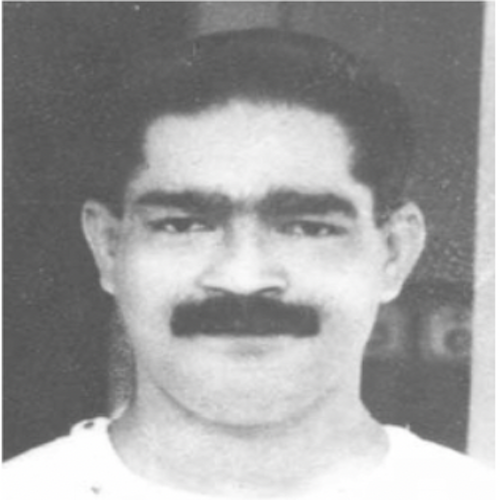Early Life
A Congress party stalwart in Kerala and respected statesman, P.T. Chacko was born on 9 April 1915 at Chirakadavu, Kerala. He graduated from St. Joseph’s College, Trichy and went on to complete his law degree at the Law College, Trivandrum.
Chacko, though a lawyer by profession, gave up his lucrative legal practice to participate in the Indian independence movement. His participation in public life took many forms such as student activism, electoral politics and political activism.
Role in India’s Independence Movement
Chacko became involved in the Indian independence movement in 1938. He fought vehemently for self-governance in the princely state of Travancore as a student leader during this period.
His political activism and involvement in the Indian independence movement resulted in his imprisonment on 5 occasions.
Contribution to Constitution Making
Chacko was elected to the Constituent Assembly from the Travancore-Cochin Province in 1949 on a Congress Party ticket. In the Assembly, he spoke on tax laws and the official language issue.
Later Contributions
Chacko played a very important role in Kerala politics after 1950. A popular leader among the masses in Kerala, he was addressed as ‘Chackochen’. Chacko was a member of the Travancore Legislative Assembly (1948 to 1949) and subsequently the Travancore-Cochin Legislative Assembly (1949 to 1952) when Travancore and Cochin merged.
He was a member of the Rajya Sabha (1952 to 1953).
Chacko was elected to the first (1957) and second (1960) Kerala Legislative Assembly and. He held the ministries of Home Affairs, Law, and Revenue in Kerala (1960 to 1964). In 1962, he established India’s first open prison in Nettukaltheri near Neyyar, Trivandrum.
During his time as a legislator, he advocated for protection of civil rights, minority rights and right to education.
After a long and illustrious political life, Chacko passed away on 31 July 1964.
Key Writings
Chacko authored a book titled ‘Manuṣyanṛe vidyābhyāsaṃ’ in Malayalam in 1964.
- While discussing powers of the Union government to impose taxes on State governments, Chacko argued that all the properties and income of a State should be exempt from tax. He felt that taxation by the Union government would hamper the progress of the State.
- When the Munshi-Ayyangar formula to decide India’s official language was proposed, he raised various concerns. First, he questioned whether India must have only one official language instead of multiple official languages. Second, he accepted Hindi as the official language but with apprehensions that Hindi-speaking regions would have an advantage over non-Hindi speaking regions. Third, he also remarked that the official language issue was not an urgent matter, and it could be settled in the future by Parliament- especially since the Assembly has accepted to use English for a period of 15 years as the official language.

